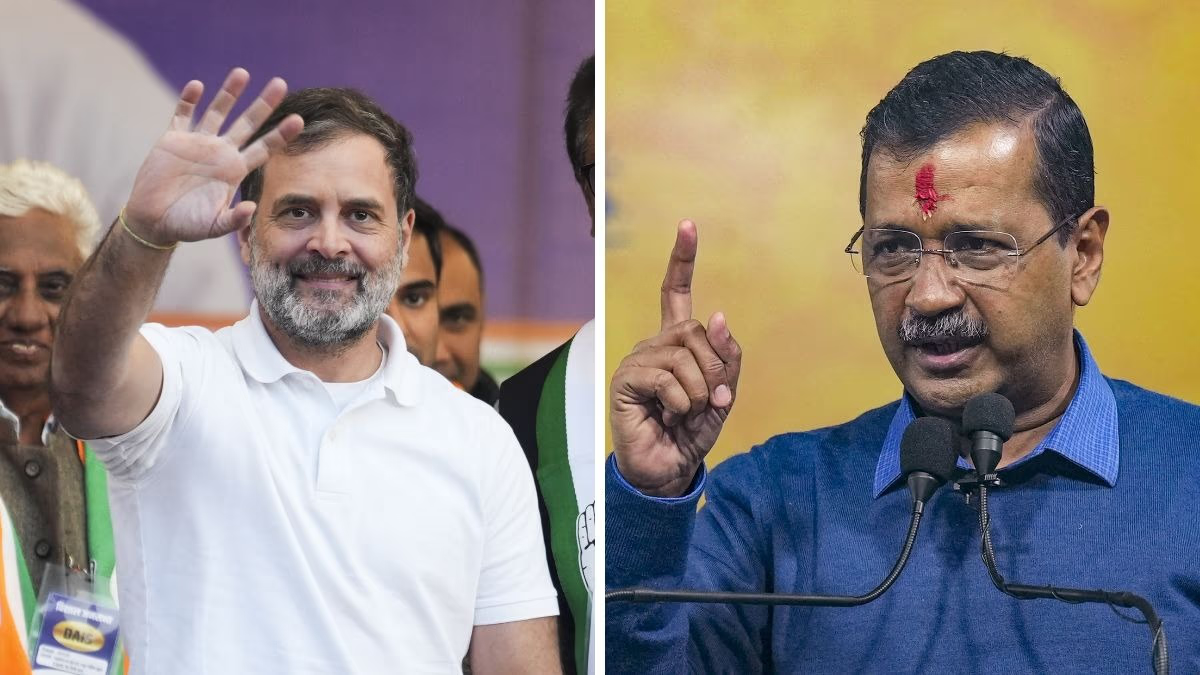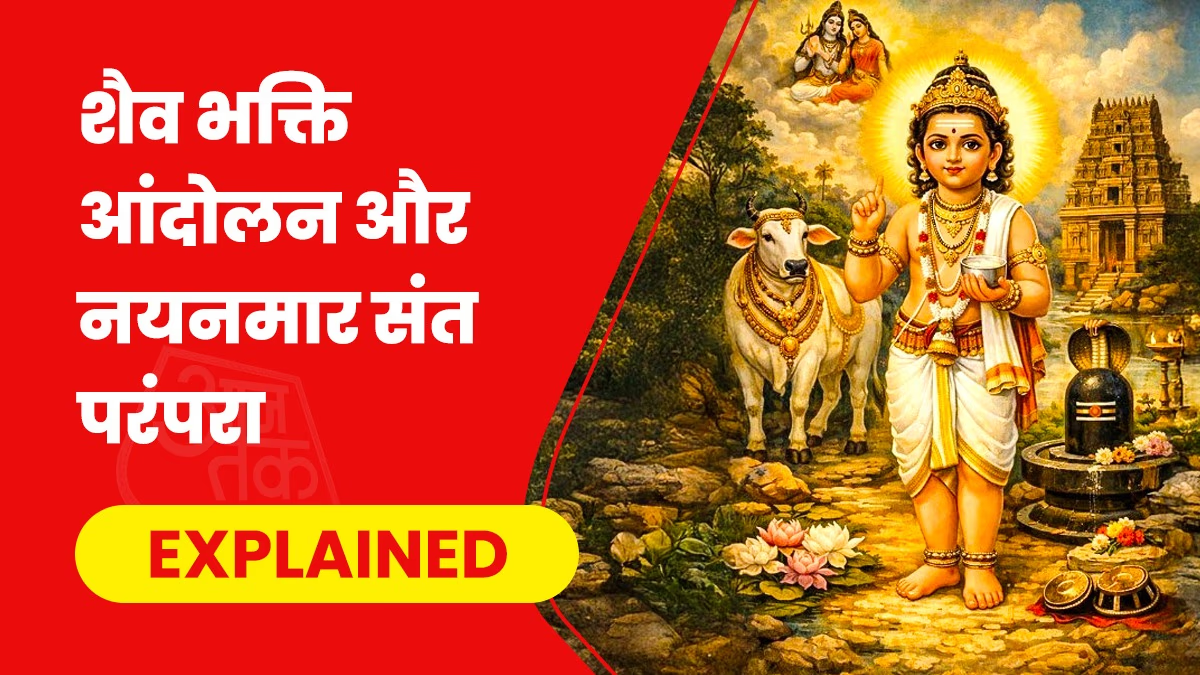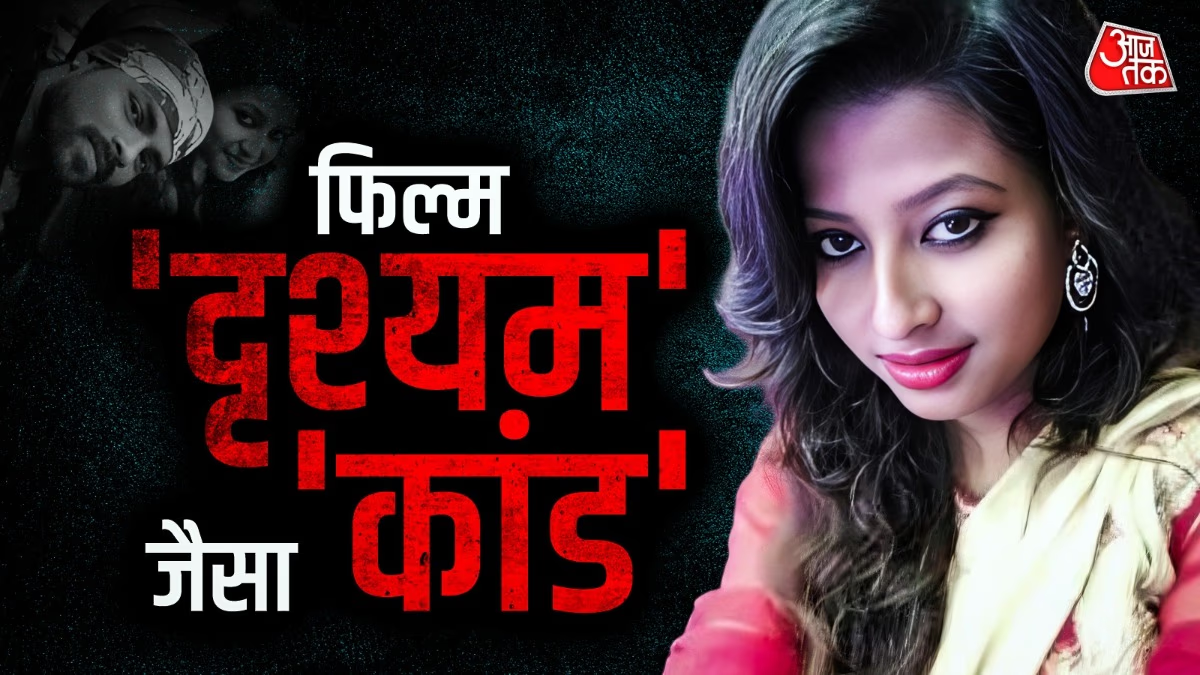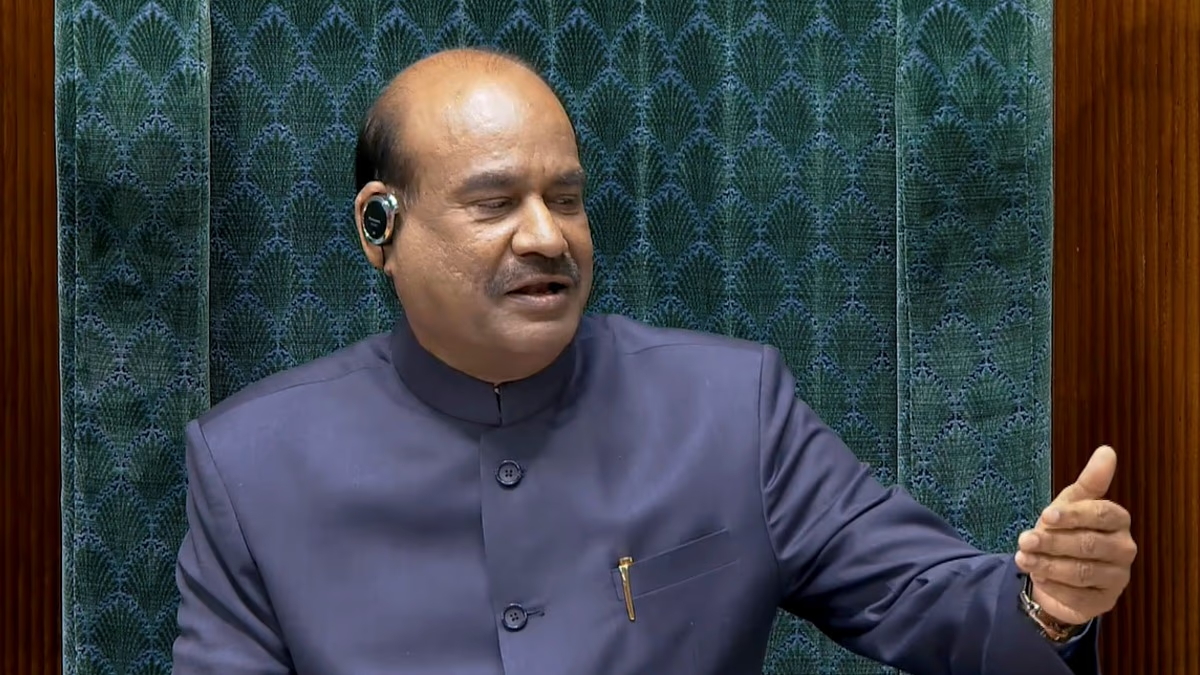The Congress party has entered the Delhi elections arena with full force. Initially, due to the inactivity of Rahul Gandhi, Priyanka Gandhi, and President Mallikarjun Kharge in Delhi, it seemed as though Congress was silently endorsing the Aam Aadmi Party. Frequent talks about Rahul Gandhi attending rallies always ended with news of his indisposition. But since Tuesday, everything seems to have taken a turn. Rahul Gandhi appears to have surpassed even the BJP in challenging Arvind Kejriwal. He has been holding Kejriwal accountable for the Delhi liquor scandal, the 'Sheesh Mahal,' and Delhi riots. On the other hand, Kejriwal questions why Rahul Gandhi remains silent on the royal palace and why the Gandhi family is untouched by the National Herald scandal arrests. The once collaborative relationship till the last Lok Sabha elections between Rahul Gandhi and Arvind Kejriwal is now a direct face-off. What prompted Rahul Gandhi to gear up for an offensive against AAP?
1- Congress's Long-Term Confusion with Aam Aadmi Party
The Congress party has been perplexed about the Aam Aadmi Party for years. Initially, Congress leader Ajay Maken exposed the AAP government's liquor scam. Yet, it was the Congress that stood alongside opposition leaders at Jantar Mantar to protest against Arvind Kejriwal's arrest in the same scandal. Now, Congress again labels Kejriwal as the mastermind of the Delhi liquor scam. In elections, they collaborate; in Punjab, it’s a friendly match, yet they steer clear of attacking each other. As Delhi elections draw near, the dynamics between Congress and AAP became confusing.
Ajay Maken held a press conference against Arvind Kejriwal and hinted at revealing something big in the next. However, Maken was impeded from holding another conference. Before the assembly elections, the Delhi Congress Committee conducted a campaign against the AAP government. Influential leaders promised to join, but even medium-level politicians didn’t show up, suggesting potential future cooperation between AAP and Congress. At least until Tuesday morning, people believed an alliance existed between Congress and AAP, but that illusion has now shattered.
2- Congress Realizes AAP's Position Needs to Be Weakened
With Rahul Gandhi's sudden activation and intensified assault on Kejriwal, it's believed that Congress leaders have realized, for political survival, they must focus on weakening parties like AAP and the Samajwadi Party over BJP. The regional parties, like AAP and SP, pose a greater threat to Congress's voter base than the BJP. If Dalit and Muslim voters, once integral to Congress’s success, shift back, AAP's influence in Delhi could diminish. According to a survey by the National Confederation of Dalit and Adivasi Organizations, 21% of Dalit voters have expressed intent to vote for Congress in the Delhi Assembly elections, a stark contrast to the 11% in 2020. This indicates that with effort, Congress could effectively diminish AAP’s dominance in Delhi. Moreover, if AAP regains power in Delhi, it positions Kejriwal as a significant national opposition leader, overshadowing Rahul Gandhi—a scenario Congress finds concerning.
3- The Influence of Sheila Dikshit's Delhi Model
Last week, Congress leader Rahul Gandhi asserted that Delhi doesn't need the false publicity and PR models advanced by Prime Minister Narendra Modi and AAP leader Arvind Kejriwal. Instead, it deserves Sheila Dikshit's genuine developmental model. Rahul Gandhi's point holds merit. Many Delhiites who vote for AAP or BJP fondly recall Dikshit's governance when discussing development, hinting at Congress's latent potential. Rahul Gandhi and Congress believe that if they capitalize on Sheila Dikshit's development model effectively, they can make significant electoral gains.
Those unfamiliar with Delhi from 15 years ago might undervalue stable electricity, flyovers, metro expansions, and infrastructure advancements, but Sheila Dikshit's role cannot be dismissed. Despite lacking a prominent figure, Congress leaders are reminding voters about significant improvements in electricity and water supply, metro expansion, flyovers, and roads during Dikshit's era. They emphasize how these developments led to green zones and the introduction of a government-public partnership model, fostering numerous initiatives, including tackling pollution.
4- Congress's Strategy: Coming Late but Making an Impact
Critics discussing Rahul Gandhi’s delayed entry need to grasp Congress's strategy. Historically, Congress has adopted such approaches. For instance, during the Uttar Pradesh Lok Sabha elections, the Gandhi family appeared on the scene mere days before voting, yet Congress nominees garnered significant votes. Discontent with other parties has consistently swayed voters to turn to Congress. In 1977, post-Emergency, Indira Gandhi and Sanjay Gandhi were vilified, but by 1980, internal conflicts within Janata Party allowed them to make a comeback, resulting in Congress's landslide victory. The eventual unpopularity of AAP and BJP might just pave the way for Congress's resurgence.




